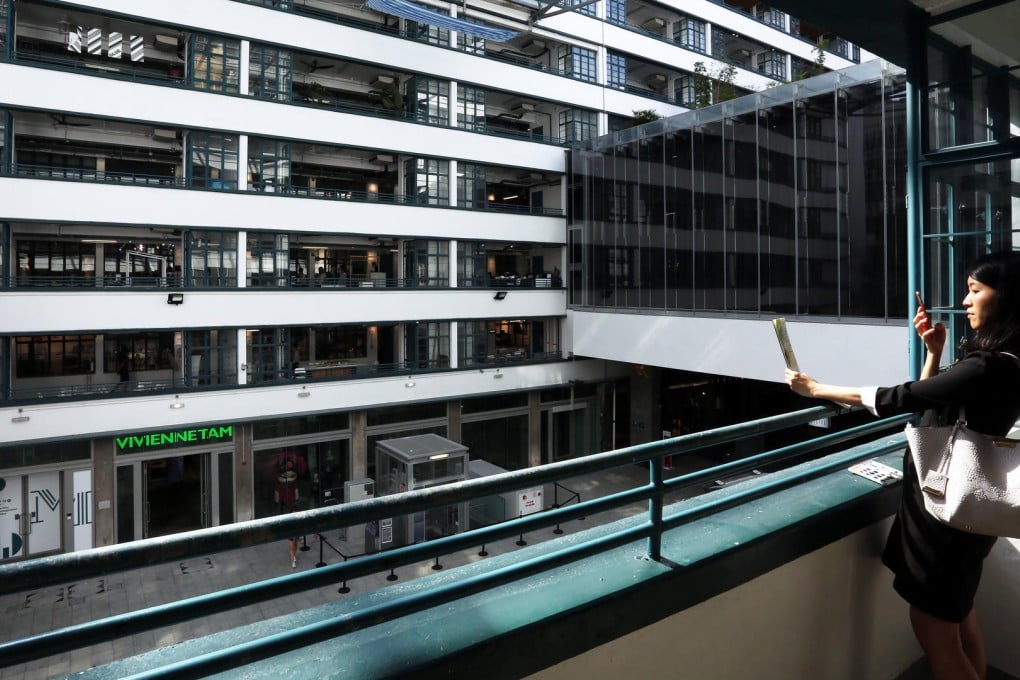'Simply rude and disrespectful...': Tenants of PMQ in Hong Kong Central angry at management, considering mass exodus
Studio operators criticise management of the former police married quarters, saying the wrong people are being lured to the creative hub

Tenants' complaints about poor management of a heritage site turned creative cluster in Central went unheeded, leading to discontent that could spark an exodus.
Some tenants told the South China Morning Post that the management of PMQ, which opened in April last year under the government's heritage revitalisation scheme, failed to bring the right crowd to the building, leading to low traffic and poor business. At least 10 tenants have left and others are planning to do the same.
They said they repeatedly asked for meetings with PMQ management but received no response. "This is simply rude and disrespectful," said Mathias Woo of Zuni Icosahedron, which runs the TTXS Concept Store.
Simon Lee Siu-po, assistant dean of undergraduate studies at Chinese University's business school, said PMQ was a "failure" because of its inappropriate tenant mix and strategies, compared to Taiwan's Songshan Cultural and Creative Park in Taipei.
Lee said compared to Songshan, PMQ lacked a flagship culture store such as a big bookstore that could retain culture lovers. "They need books, not brands," Lee said.
But PMQ chiefs denied the allegations, arguing that they had staged numerous events and the site had drawn five million visitors since its inauguration last year. A PMQ spokesman said they maintained strong communications with tenants and vacant studio spaces were filled up quickly.